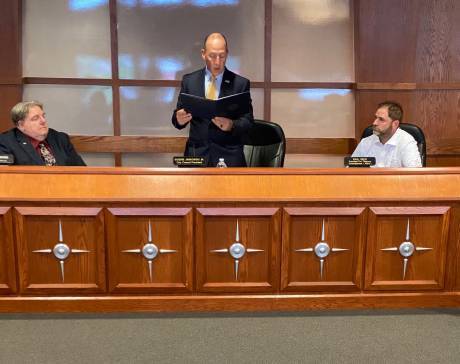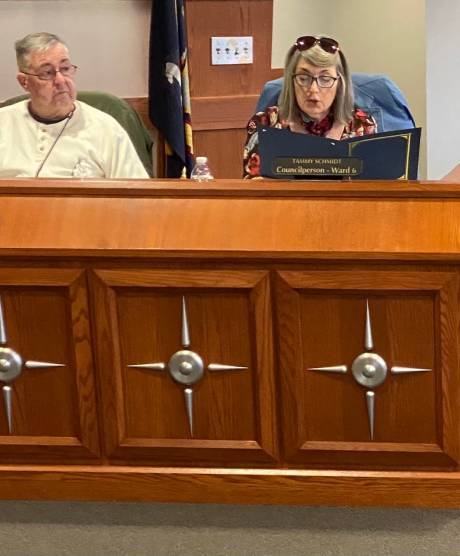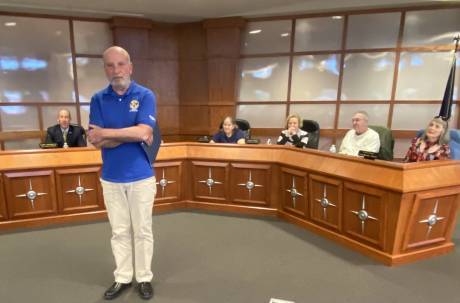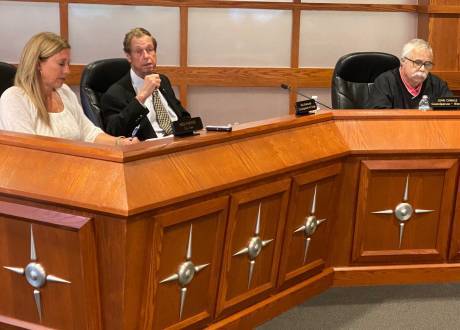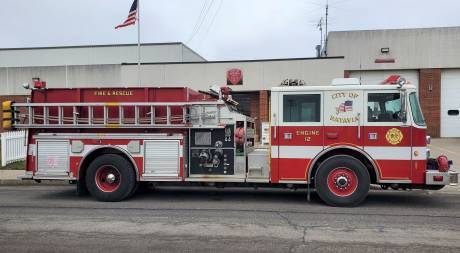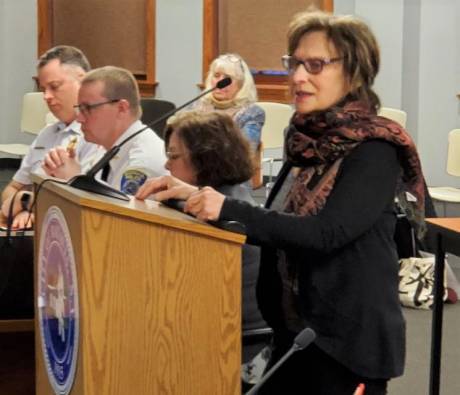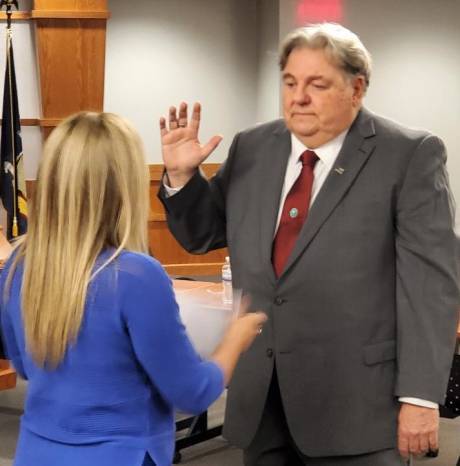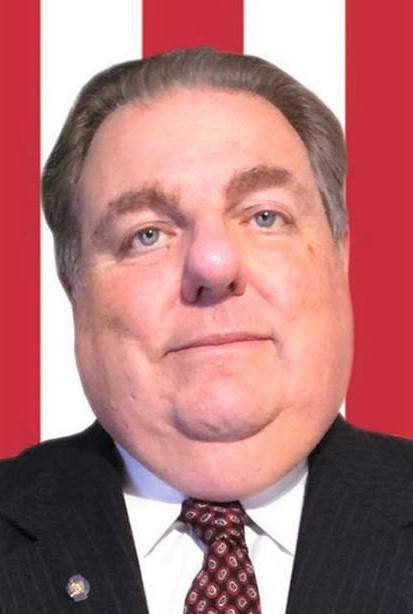Farm animals occupy City Council chambers -- via discussion, that is
Chickens in your backyard. Goats in the front. And donkeys? Who knows where they are.
Pretty much every living creature made it into City Council’s discussion about a restriction on certain animals and fowl during the group’s Monday meeting.
A proposed local law stems from a council meeting in January, and a request to research potential restrictions on animals and fowl in the city. Apparently some types of these creatures — chickens and goats in particular — have raised a bit of a ruckus in their neighborhoods.
“One of the issues that recently came up was, one of our neighbors has goats … and they're literally running around our neighborhood. They’ve been able to escape a number of times and might go across the street,” Councilman John Canale said during the meeting at City Hall. “Now, any animal is capable of charging someone at any time. But now we have horned animals running loose in the neighborhood. Animal control said ‘my hands are tied, there’s nothing I can do.’ A number of my neighbors are very concerned about their safety … we could have some neighbors that might possibly get hurt. That was my concern. Now it becomes kind of a safety issue.”
He asked about a clause in the law requiring that animals are properly housed. That means the animals must be penned appropriately, do not accumulate feces, cause odor or live in an unsightly or unsafe condition, Council President Eugene Jankowski said. If goats are running loose, then they are not being properly housed, Jankowski said.
Some council members wondered why anyone wants to keep goats in the city anyway. Canale said that, for example, he knows a young girl who is in 4-H and raises animals including goats.
There are rules for dogs, but not for goats, Jankowski said. Although it might be easy to come up with a laundry list of restrictions for these situations, Jankowski didn’t want to see that happen.
“I’m not for making a plethora of codes for every little thing,” he said. “But, unfortunately, it might be something we have to do … if they start to encroach on other people’s property.”
As for the goat that got loose, the animal control officer did some quick thinking on his feet. He cornered the animal at the front porch, got ahold of it and brought it back to its rightful home over a fence.
As for donkeys, and other cloven-hoofed animals, equine or fowl, those are restricted from being kept within the city limits. City Manager Rachael Tabelski’s research reviewed other cities, including Geneva, Canandaigua, Jamestown, Elmira, and Lockport. All of those areas have code restrictions “on animals in a variety of forms,” her memo to council said.
“With help from the code enforcement office and the city attorney, attached are the proposed restrictions to animals for City Council to consider,” the memo stated, including cattle, horses, sheep, goats, pigs, llamas, alpacas, ducks, turkeys, geese, feral cats, donkeys, ponies, mules and any other farm or wild animal within city limits.
Exceptions would be chickens in appropriate housing, transporting animals to and from race tracks, special events with an approved event application, and animals in transit through the city.
Council agreed to pass the law on to the City Planning Board for further discussion. Council members also hope that the public will provide feedback about the issue of atypical city occupants — primarily farm animals — living right next door.
“That’s what the planning board is for,” Jankowski said. “I think most people will see this as reasonable. I think it’s great that we have these healthy discussions.”

